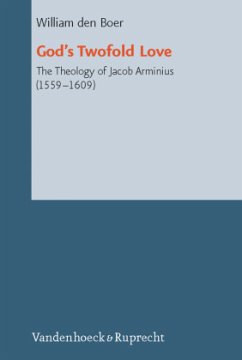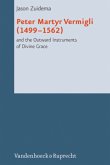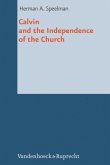Even though it has always been widely debated, the theology of Jacob Arminius (1559-1609) has not received the scholarly attention one would expect. Given also its remarkable influence, it is surprising how little research has been devoted to it. Only since the 1980s has the world of scholarship seen some movement on this front. The present study by William den Boer offers a new contribution to the understanding of Arminius's theology by focusing on the theological motive that lay at its very foundation. Arminius has been characterized as a theologian of free will, of creation, or of freedom, and lately also as a theologian of the assurance of faith. The question as to Arminius's central concern in his theology has been answered in different ways, with each author focusing on aspects of differing degrees of importance. William den Boer defends the thesis that another characterization needs to be added, and designates Arminius as a theologian of the justice of God, or more precisely, as a theologian of the twofold love of God. He goes on to illustrate how these two characterizations are valid at one and the same time, and why they do not exclude but include all other characterizations that have been offered by placing them in their proper perspective.In Part 1 the author posits that the leading motif of Arminius's theology lay in a careful defense of the justice of God. Part 2 considers the reception of his theology in the discussions between Remonstrants and Counter-Remonstrants during the Hague Conference - Haagsche or Schriftelicke Conferentie - of 1611. Finally, Arminius's theology is placed within the context of sixteenth-century debates on the cause of sin and God's relationship to evil.
Hinweis: Dieser Artikel kann nur an eine deutsche Lieferadresse ausgeliefert werden.
Hinweis: Dieser Artikel kann nur an eine deutsche Lieferadresse ausgeliefert werden.








